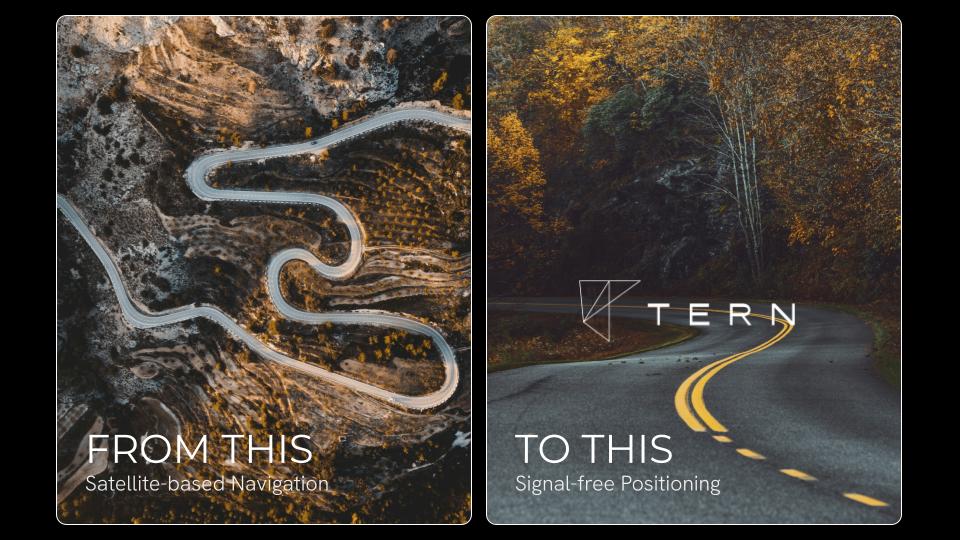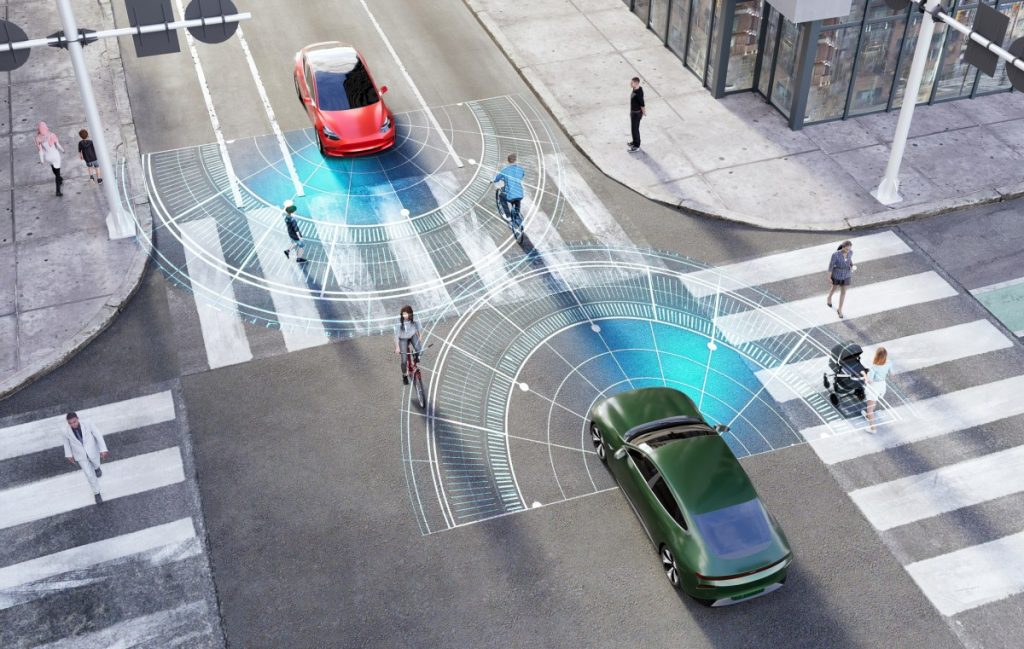We’ve all experienced that moment of frustration when navigation systems fail, causing missed exits or delayed routes. Traditional GPS technology, while revolutionary, remains constrained by its dependence on satellite signals—a limitation that leaves it vulnerable to disruptions. Enter Tern AI, an Austin-based startup that has developed a groundbreaking alternative to GPS, leveraging existing vehicle sensors and map data to deliver precise, reliable positioning without relying on satellites.
How Tern AI’s System Works
Tern AI’s innovation lies in its ability to calculate a vehicle’s location using only onboard sensor data—such as speed, acceleration, and steering inputs—combined with preloaded map information. This approach eliminates the need for external signals, making it immune to common GPS pitfalls like urban canyon effects in dense cities or signal loss in tunnels and parking garages. During a live demonstration in Austin, the team showcased how their technology achieves “convergence,” pinpointing a vehicle’s exact position within minutes, even from a “cold start” with no initial location data.
Advantages Over Traditional GPS
Beyond reliability, Tern AI’s solution offers significant cost savings. Unlike GPS, which requires expensive satellite infrastructure, their software-based system can integrate into vehicles manufactured as early as 2009 via a simple software update. This scalability makes it accessible for everyday drivers and commercial fleets alike. Additionally, the system enhances privacy by operating as a closed loop—it doesn’t transmit data externally, reducing risks of tracking or spoofing attacks that plague GPS-dependent systems.
Implications for Critical Industries
The stakes for reliable positioning extend far beyond everyday navigation. Industries like aviation, emergency response, and agriculture rely on precise location data for safety and efficiency. GPS vulnerabilities, such as signal jamming or spoofing by adversarial actors, pose national security risks. Tern AI’s technology aligns with U.S. initiatives to diversify positioning systems, offering a resilient alternative that could safeguard infrastructure and operations.
Future Applications and Partnerships
Tern AI is already exploring partnerships with automakers, mobile device manufacturers, and government agencies. Its recent contract with the U.S. Department of Transportation highlights its potential to redefine navigation standards. As the company scales, its low-cost model could democratize advanced positioning tech, empowering everything from ride-hail apps to autonomous vehicles—without the need for costly hardware upgrades.
With its blend of innovation, affordability, and security, Tern AI isn’t just challenging GPS—it’s paving the way for a future where location technology works seamlessly, no matter the environment.















